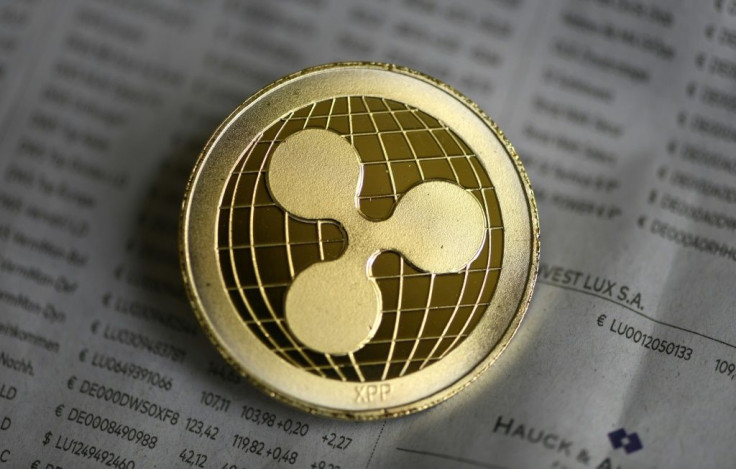Newly Uncovered SEC Internal Mails Could Be Instrumental To Ripple's Security Case
KEY POINTS
- The court has not yet ruled on whether Ripple's native token XRP is a security
- Former Ripple director Matt Hamilton said that the recent discovery 'looks pretty bad for the SEC's case'
- The SEC accused Ripple of selling of an unregistered security
Following what many consider a major win for the cryptocurrency solutions provider Ripple Labs over the U.S. Securities and Exchange Commission (SEC), another major development that challenges XRP's security status surfaced online, which some industry watchers think could have a sweeping impact on the crypto company's ongoing legal battle.
The U.S. District Court for the Southern District of New York is yet to decide whether Ripple's native token XRP is a security, but a new set of SEC internal emails shared by attorney John Deaton, who is an Amicus Curiae in the ongoing Ripple lawsuit, challenges the nature of Ripple's token ahead of the court's official ruling.
Deaton, who founded Crypto Law, highlighted a footnote and reply briefs submitted in the court by the SEC, one of which clearly highlights that XRP failed the Howey Analysis.
The Howey test is the U.S. Supreme Court case with four prongs or elements used for determining whether a transaction qualifies as an investment contract.
"There are reasonable grounds to conclude that XRP does not satisfy all elements of the Howey Analysis and is therefore not a security for purposes of the federal securities law," exhibit 220 read.
Deaton said this is "huge" since in this document, "XRP is mentioned and that there are reasonable grounds XRP doesn't satisfy ALL Howey factors."
Meanwhile, exhibit 230 noted that it is "more likely than not" that Ripple's native token "will not be considered a security and thus it should not be subject to regulatory oversight by the US SEC."
Deaton further argued that on June 13, 2018, enforcement lawyers of the SEC wrote a note analyzing Ripple but whatever the result of the findings, the financial watchdog did not recommend any action, which included a cease and desist letter to stop the trading of XRP.
I think they were included but not all referenced in the brief in argument.
— John E Deaton (@JohnEDeaton1) May 20, 2023
BUT I MISSED THIS EVEN THOUGH I TWEETED IT OUT.
Read the footnote:
Exhibit 220 is part SEC emails: XRP is mentioend and that there are reasonable grounds XRP doesn’t satisfy ALL Howey factors. HUGE. pic.twitter.com/Y3AELAjwbF
Matt Hamilton, currently the developer advocate at protocol labs and former director of developer relations at Ripple, commented that the recent discovery of SEC internal emails "looks pretty bad for the SEC's case," but also thinks "that doesn't reflect the vagaries of the US regulatory and legal system. We could still be right, but the SEC could still win the case."
Last Tuesday, Judge Analisa Torres of the U.S. District Court for the Southern District of New York denied the motion filed by the SEC asking the court to seal internal documents containing the speech of former director William Hinman. She ruled that sealing the documents would not be related to preserving the candor and openness within the government agency, "nor would such an interest be substantial enough to outweigh the strong presumption of public access."
The court's decision was considered a huge win for Ripple Labs, which was accused by the financial watchdog of selling its token XRP as an unregistered security.

© Copyright IBTimes 2025. All rights reserved.






















